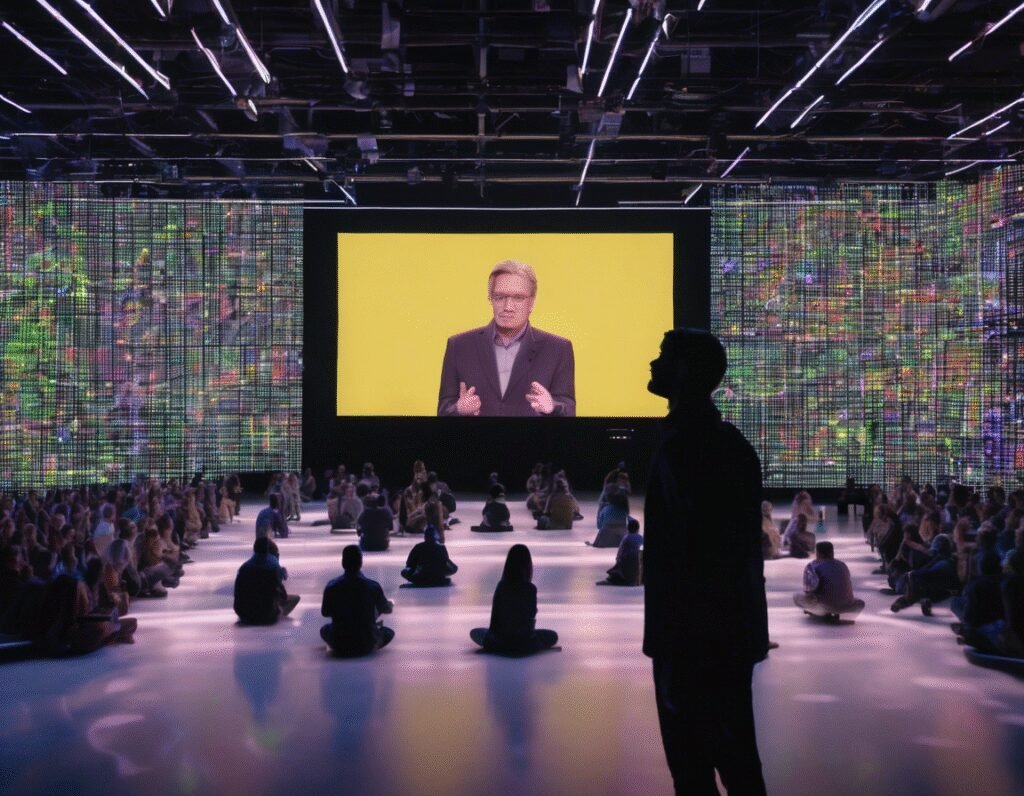OpenAI’s GPT-5 Fails to Impress Despite High Expectations
The hype around OpenAI’s latest model, GPT-5, has fizzled out as early reviews suggest underwhelming improvements. Despite massive investments from the private sector, pouring billions into AI development, skepticism is growing among researchers. The promise of exponential advancements in artificial intelligence seems increasingly distant, with critics pointing out that the technology has hit a plateau.
While GPT-5 shows marginal gains on standardized benchmarks, these metrics have long been questioned as reliable indicators of real-world performance. Experts argue that benchmark scores often fail to capture meaningful progress in usability, reasoning, or creativity. One prominent critic, a neuroscientist and frequent skeptic of OpenAI, echoed a sentiment shared by many in the field: after years of development and astronomical costs, AI isn’t delivering the transformative leaps many had hoped for.
The limitations of GPT-5 become especially apparent in practical applications. Users report that while the model may handle certain tasks slightly better than its predecessor, it still struggles with deeper reasoning, consistency, and understanding context. The improvements feel incremental rather than revolutionary, leaving businesses and developers questioning whether the current trajectory of AI development justifies the enormous financial and computational resources being poured into it.
The private sector’s relentless push for bigger and more powerful models has also drawn criticism for its environmental and economic costs. Training these AI systems requires vast amounts of energy, raising concerns about sustainability. Meanwhile, the diminishing returns in performance gains suggest that the industry may need to rethink its approach. Some researchers advocate for alternative methods, such as hybrid models combining neural networks with symbolic reasoning, rather than simply scaling up existing architectures.
For now, GPT-5’s lukewarm reception highlights a broader challenge in AI development: the gap between hype and reality. While the technology continues to advance, the pace of meaningful innovation appears to be slowing. Whether future breakthroughs will reignite excitement or confirm the current stagnation remains to be seen. Until then, the AI community faces tough questions about where to go next.

